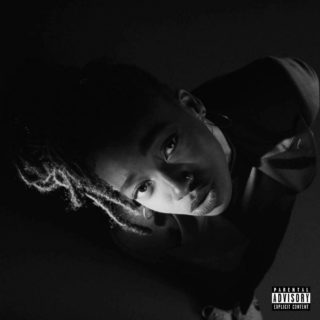Little Simz
GREY Area
(Age 101)
7/10

(Age 101)
7/10
At just 24 it feels like Simbi Ajikawo has been around for decades. Championed by Kendrick Lamar off the back of her 2015 debut, ‘A Curious Tale of Trials + Persons’, the pressure has been heaped on from all corners over the last four years. Fiercely independent in her approach, a large portion of this weight came from within and led to a period of intense self-questioning during the conception of album number three. Arising out of what Ajikawo refers to as a time of “confusion”, ‘GREY Area’ explores darker themes as she grapples with the value of making her art despite the many obstacles and sacrifices it may entail.
Though evidently painful, this process seems to have proven cathartic. Having performed just about every duty on her previous two albums, Simz has learned to embrace the skill of delegation. Recruiting producer and childhood friend Inflo she has expanded her musical palette so that ‘GREY Area’ includes contributions from string quartets, flautists and vocalists who complement Ajikawo’s expert knack for sampling in an altogether lusher landscape. Opener ‘Offence’ provides a mini case study on this new approach. Woodwind and strings serve as streaks of colour on a rough, mottled canvas of distorted bass and uneasy drum loops. It’s a superb return and a clear signal of intent.
Variously deconstructing the age of social media, the importance of being honest with oneself and the state of a nation built on equality, ‘GREY Area’ is ambitious in its scope. Located squarely in London, it balances a celebration of the UK’s diversity while highlighting the problems encountered by young black people who simply want to succeed. Reflecting on her childhood, ‘101 FM’’s melodies suggest a vibrant multiculturalism against today’s inward-looking climate, yet the lyrics warn of challenges under the surface that remain unresolved. On ‘Venom’ Simz draws attention to the irony of today’s power structures being dominated by weak males, while on ‘Therapy’ she subtly turns gender orthodoxy on its head by asserting that if her daughter turns out like her she will be a success: ‘If she’s anything like me, I’m raising a king.’